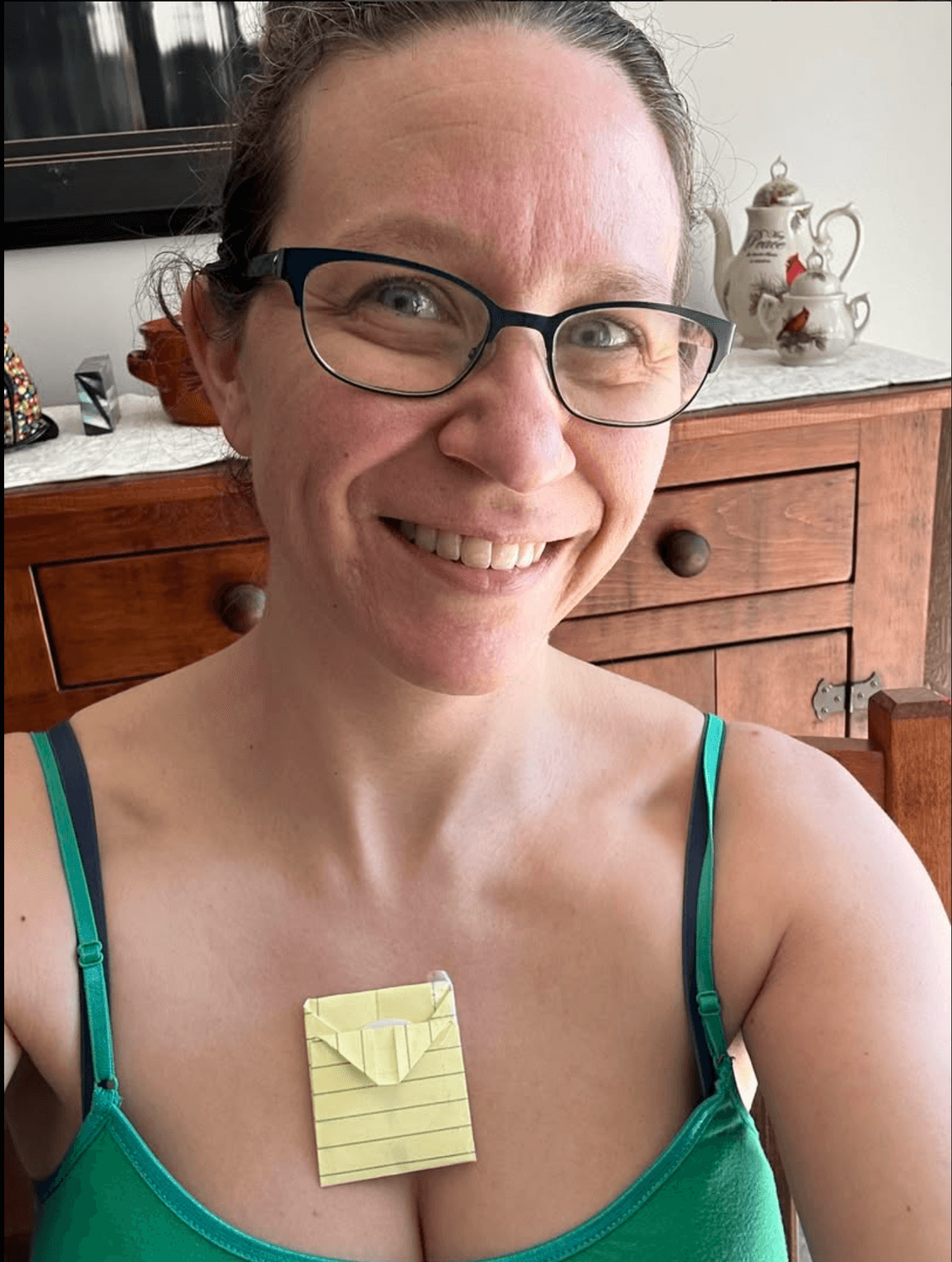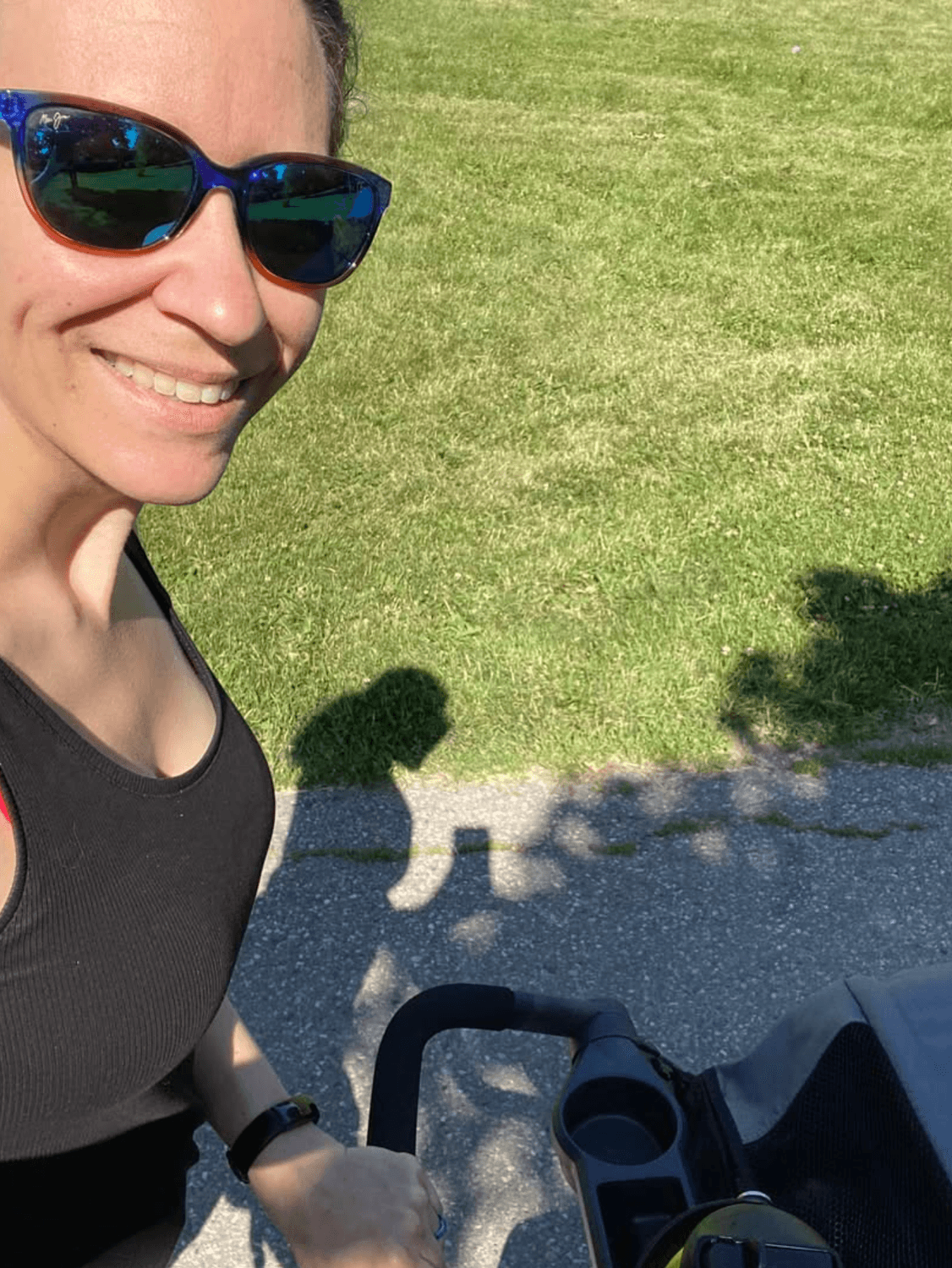
Reclaiming Your Energy: A Journey Through Mental Fatigue and Renewal
Living With Chronic Fatigue and Mental Exhaustion
For months, I lived in a fog.
I’d open my laptop and forget why.
Stand in the kitchen, unable to remember what I came for.
Try to finish a sentence and feel like my brain had flatlined.
I wasn’t just physically tired—I was mentally drained.
And it felt like no one could see it but me.
This kind of mental fatigue is common in people with chronic fatigue syndrome (CFS/ME) and burnout. It doesn’t just affect focus—it impacts memory, mood, and your ability to function day to day.
The turning point came when I stopped trying to push through it—and started rebuilding my mental strength, one tiny practice at a time.

What Is Mental Fatigue?
Mental fatigue is more than just feeling tired. It shows up as:
- Brain fog
- Trouble concentrating
- Forgetfulness
- Low motivation
- Emotional reactivity
Lorem ipsum dolor sit amet, consectetur adipisicing elit. Autem dolore, alias, numquam enim ab voluptate id quam harum ducimus cupiditate similique quisquam et deserunt, recusandae.
1. Mindfulness Meditation: Anchoring in the Present
Mindfulness practices, such as Mindfulness-Based Stress Reduction (MBSR), encourage non-judgmental awareness of the present moment. Engaging in daily mindfulness can reduce cortisol levels and enhance self-regulation, providing clarity amidst the fog of fatigue.
Practice Tip: Dedicate 10–15 minutes daily to focused breathing or body-scan meditation, observing thoughts without judgment.
2. Emotional Freedom Techniques (EFT): Tapping into Relief
EFT, commonly known as "tapping," combines cognitive reframing with rhythmic tapping on specific acupressure points. This technique has been shown to alleviate stress and anxiety, common companions of chronic fatigue.
Practice Tip: Identify a distressing thought, rate its intensity, and then tap through the EFT sequence while voicing affirmations. This process can help reduce the emotional charge associated with fatigue-related stressors.
3. Movement & Mindful Exercise: Reconnecting Body and Mind
Integrating gentle physical activity with mindfulness can invigorate both body and mind. Activities like yoga or tai chi not only promote physical health but also enhance mental clarity and emotional balance.
Practice Tip: Engage in a 10-minute mindful walk, focusing on each step and breath, to ground yourself and alleviate mental fatigue.
4. Journaling & Gratitude: Cultivating a Positive Mindset
Expressive writing and gratitude journaling can shift focus from fatigue to appreciation, fostering a resilient mindset. Regularly acknowledging positive aspects of life can counterbalance the challenges of chronic fatigue.
Practice Tip: Each evening, jot down three things you're grateful for and one personal accomplishment, no matter how small.
5. Micro-Restorations: Embracing Brief Reprieves
Short, intentional breaks throughout the day can rejuvenate your mental state. These micro-restorations help prevent cognitive overload and maintain sustained focus.
Practice Tip: Every 60–90 minutes, take a 3–5 minute pause to stretch, breathe deeply, or simply rest your eyes.
Crafting Your Personalized Renewal Routine
Consistency is key in combating chronic fatigue. By integrating these practices into your daily life, you can gradually rebuild mental strength and resilience.
Suggested Daily Routine:
- Morning: 5 minutes of mindful breathing upon waking.
- Midday: 10-minute gentle movement session.
- Afternoon: EFT tapping to address emerging stressors.
- Evening: Gratitude journaling followed by a brief meditation.
Embracing the Journey to Vitality
Reclaiming your energy is a journey, not a sprint. Each mindful breath, each moment of gratitude, and each step taken in self-care brings you closer to a life of renewed vitality and purpose.
Download Your Personalized Energy Renewal Guide
For a printable version of this guide, including detailed EFT sequences and journaling prompts, click here to download the PDF.
Note: Always consult with a healthcare professional before starting any new wellness practices, especially if you have underlying health conditions.
Written by: Brittany Scott












